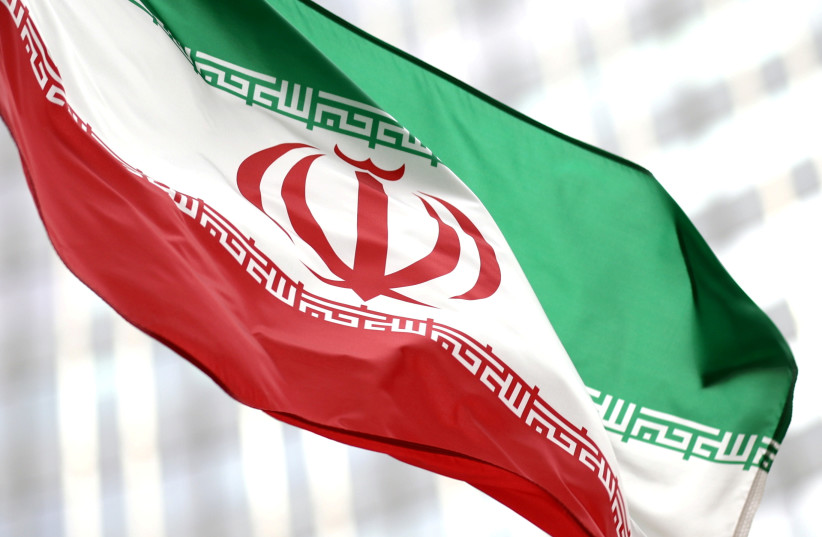Russia may use the emerging Iran nuclear deal to preserve billions of dollars in nuclear trade as a loophole to Western sanctions against it for its Ukraine invasion, according to David Albright, president of the Institute of Science and International Security.
Research by Albright and Sarah Burkhard relating to the Russian state-owned company Rosatom and Iran’s nuclear facilities at Bushehr revealed that Moscow “may have protected its interests in [the] JCPOA to make billions selling power reactors.”
The nuclear experts said that Rosatom is currently “engaged in the illegal seizure and likely theft of Ukraine’s Zaporizhzhia nuclear power plant, Europe’s largest nuclear power reactor plant, with six 1,000 MW reactors.”
In their view, Rosatom should be sanctioned without delay and without waivers.
Albright said that news of US guarantees for Russia to continue its nuclear business with Iran under any new nuclear deal raises “concerns that Russia will receive sanctions waivers for highly lucrative business by state-owned companies, such as Rosatom.”

Part of the 2015 JCPOA Iran deal that the new deal is building on provides for ongoing civil nuclear power cooperation between Russia and Iran.
Rosatom built the Bushehr facility on Iran’s southern coast in 2011, and has been providing the Islamic Republic with a supply of fuel, maintenance and training relating to the facility.
In addition, Moscow and Tehran have previously signed deals for Rosatom to build at least two new power reactors near Bushehr in 2024 and 2026.
Work has been ongoing on the new nuclear facilities for about five years, and continued construction, fueling, maintenance and relevant training are expected to reap billions for Russia.
There is also a direct connection between Rosatom’s activities in Iran and its activities in support of Russian efforts to profit from Ukraine’s nuclear facilities.
The presence of Rosatom officials at the Ukrainian Zaporizhzhia nuclear power plant that Russia seized two weeks ago was reported on Sunday by International Atomic Energy Agency update 20 on the Ukraine situation.
According to the IAEA, “Ukraine has previously informed the IAEA that regular staff have continued to operate the Zaporizhzhya NPP and carry out their day-to-day work, but that its management is under the control of the commander of the Russian forces there. In today’s update, the regulator said it had been informed by personnel at the site that at least 11 representatives of the Russian state company Rosatom were also present there, without interfering with the operation of the nuclear facilities.”
IAEA Director-General Rafael Grossi has repeatedly emphasized that the current situation contravenes one of the agencies’ seven indispensable pillars: that operating staff “must be able to fulfill their safety and security duties and have the capacity to make decisions free of undue pressure.”
Russian forces have also taken control of the decommissioned Ukrainian nuclear plant at Chernobyl, where Ukraine said its local staff is being held hostage and that Russia has repeatedly interrupted power used to cool any remaining radioactive material.
Albright said that the US must publicly disclose if it will facilitate Rosatom receiving sanctions waivers to sell Iran the nuclear power reactors referred to as Bushehr 2 and 3, where “construction alone represents about $10 billion worth of business per plant. If this is the plan, the public deserves to know.”
He said it would be “far better to sanction Rosatom for its activities in Ukraine and not allow JCPOA exceptions for Bushehr reactors,” but that Washington may be boxing itself into a corner based on extending or adding to the JCPOA deal regarding Russia.
